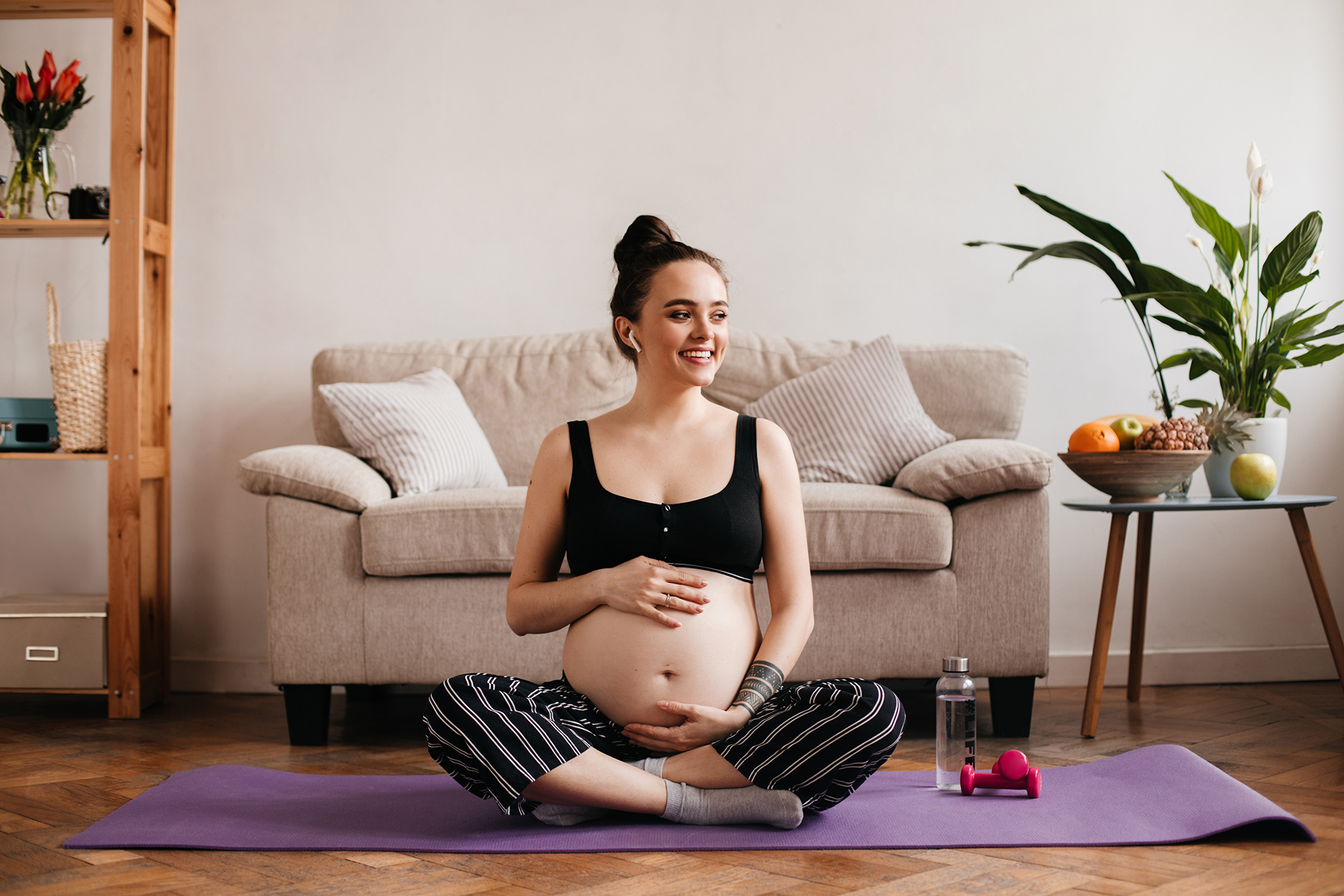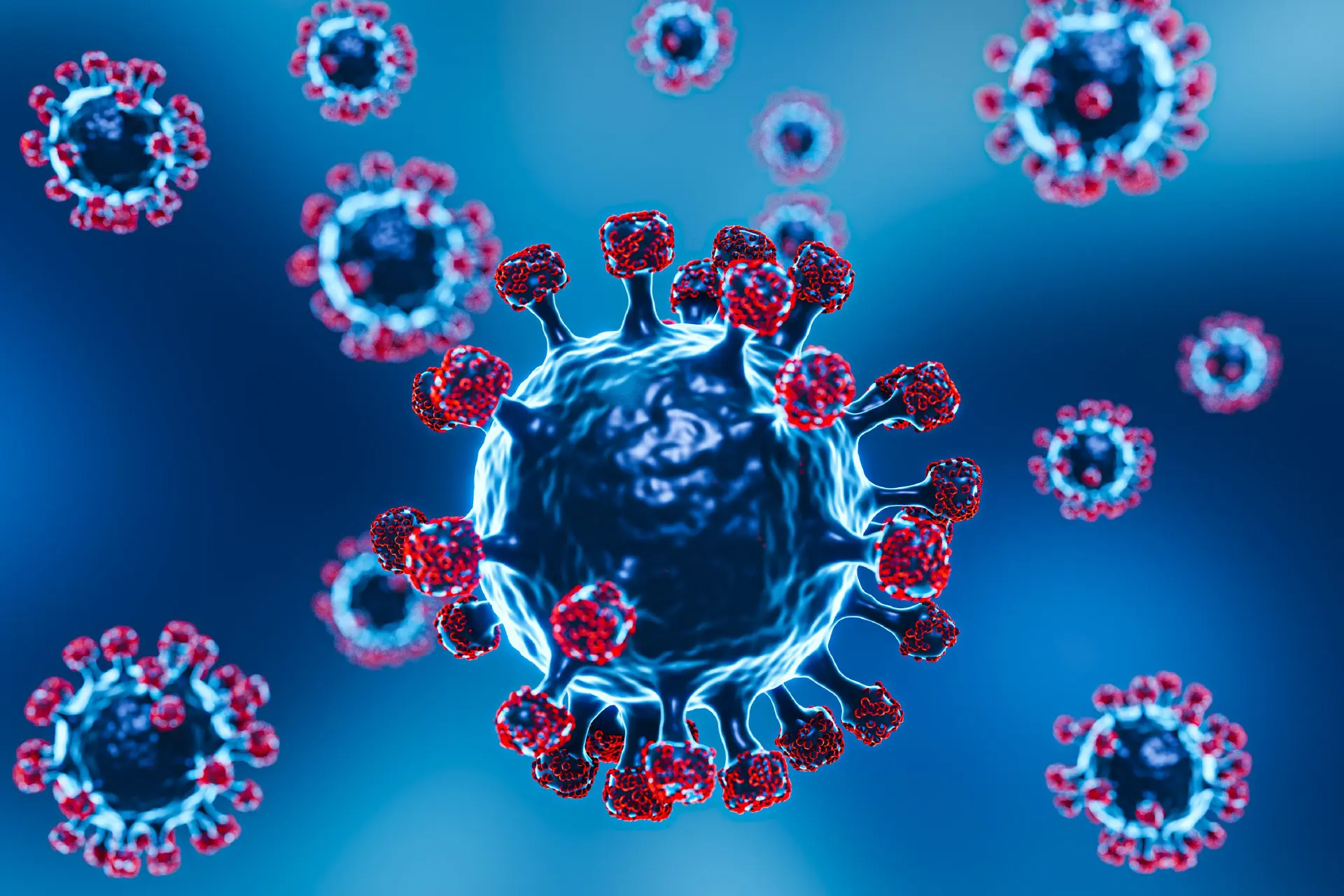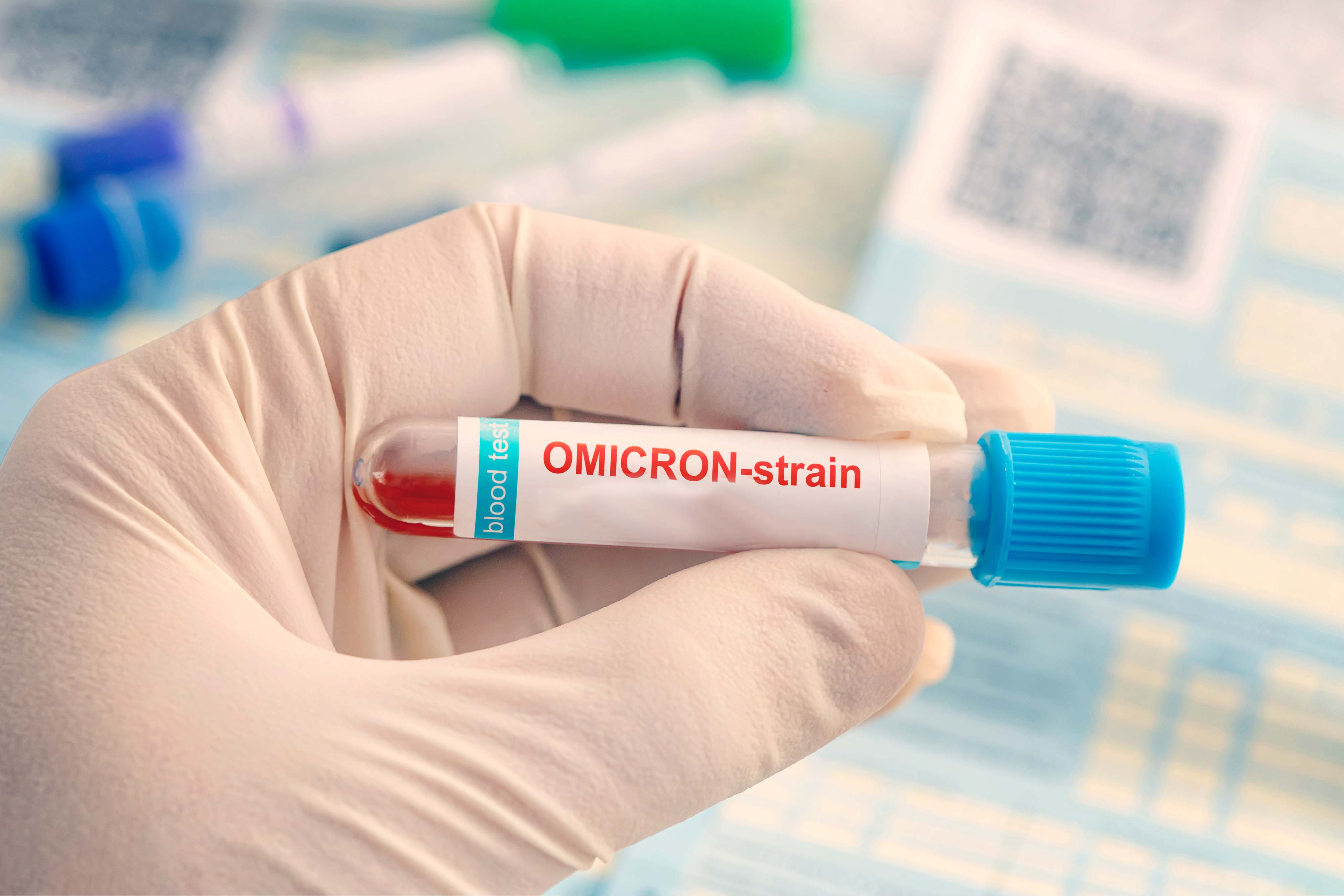Paediatrician | 5 min read
Taking care of a newborn to a COVID -19 positive mother
Medically reviewed by
Table of Content
Key Takeaways
- How to start breastfeeding your new born during this time
- What are the signs and symptoms of <a href="https://www.bajajfinservhealth.in/articles/how-is-a-rapid-antigen-test-helpful-in-detecting-covid-19-infection">COVID-19 infection</a> among babies
- How to keep the baby & mother safe, find out
The pandemic has taken a toll on all our lives. Apart from adults children are also at higher risk of getting infected. Here are few methods to keep a newborn safe if born to a COVID-19 positive mother.
If the mother is in isolation for COVID-19, take the following precautions until your isolation period has ended:
- Stay home to separate yourself from others outside your home.
- Isolate (stay away) from other household members who are not infected, and wear a mask in shared spaces.
- Have a healthy caregiver who is not at increased risk for severe illness provide care for your newborn.
- Caregivers should wash their hands for at least 20 seconds before touching your newborn. If soap and water are not available, use a hand sanitizer with at least 60% alcohol.
- If the caregiver is living in the same home or has been in close contact with you, they might have been exposed. They should wear a mask when they are within 6 feet of your newborn for the entire time you are in isolation, and during their own quarantine after you complete your isolation.
- If a healthy caregiver is not available, you can care for your newborn if you are well enough.
- Wash your hands with soap and water for at least 20 seconds before touching for your newborn. If soap and water are not available, use a hand sanitizer with at least 60% alcohol.
- Wear a mask when within 6 feet of your newborn and other people during your entire isolation period. The mask helps prevent you from spreading the virus to others.
- Others in your household, and caregivers who have COVID-19, should isolate and avoid caring for the newborn as much as possible. If they have to care for the newborn, they should follow hand washing and mask recommendations above.
- If you had symptoms, your isolation period ends after:
- 14 days since symptoms first appeared, and
- 24 hours with no fever without fever-reducing medications, and
- Other symptoms of COVID-19 are improving
- If you never had symptoms, your isolation period ends after
- 14days have passed since the date of your positive COVID-19 test
Is Breastfeeding safe for the baby?
Current evidence suggests that breast milk is not likely to spread the virus to neonates.
The mother ,her family and healthcare providers, should decide whether and how to start or continue breastfeeding. Breast milk provides protection against many illnesses and is the best source of nutrition for most babies.
How to start breastfeeding during this time?
You may find it harder to start or continue breastfeeding if you are not sharing a room with your newborn in the hospital. Here are some helpful tips:
- Frequent hand expression or pumping will help you establish and build milk supply if you are separated from your newborn in the hospital.
- Pump or feed every 2-3 hours (at least 8-10 times in 24 hours, including at night), especially in the first few days. This helps the breasts to produce milk and prevents blocked milk ducts and breast infections.
You should always wash your hands with soap and water for 20 seconds before breastfeeding or expressing breast milk, even if you don’t have COVID-19.
If a COVID -19 postive mother decides to breastfeed, the family should encourage her and support her in all possible ways. Following precautions should be taken by mother before and during breastfeeding.
- Wash hands before breastfeeding
- Wear a mask while breastfeeding and whenever you are within 6 feet of your baby.
If the mother has COVID-19 and chooses to express breast milk
- Use your own breast pump (one not shared with anyone else), if possible.
- Wear a mask during expression.
- Wash your hands with soap and water for at least 20 seconds before touching any pump or bottle parts, and before expressing breast milk.
- Follow recommendations for proper pump cleaning after each use. Clean all parts of the pump that come into contact with breast milk.
Consider having a healthy caregiver who does not have COVID-19, is not at increased risk for severe illness from COVID-19, and is living in the same home feed the expressed breast milk to the baby. If the caregiver is living in the same home or has been in close contact with you, they might have been exposed. Any caregiver feeding the baby should wear a mask when caring for the baby for the entire time you are in isolation and during their own quarantine period after you complete isolation.
How to keep baby safe?
- Children younger than two should not wear masks.
- A face shield could increase the risk of sudden infant death syndrome (SIDS) or accidental suffocation and strangulation.
Visitors if possible should not be allowed
Allowing or inviting visitors into your home or near your baby, increases the risk of COVID-19 to yourself, your baby, people who live with you, and visitors (e.g., grandparents or older adults and other people at increased risk of severe illness from COVID-19).
Additional Read: Everything to know about COVID-19 careSocial Distancing
- Consider the risks of spreading COVID-19 to you and your baby before you decide whether to go out for activities other than healthcare visits or child care.
- Keep 6 feet of distance between your baby and people who do not live in your household.
What are the signs and symptoms of COVID-19 infection among babies?
- Most babies who test positive for COVID-19 have mild or moderate symptoms.
- Severe illness in babies has been reported but appears to be rare. Babies with underlying medical conditions and babies born premature might be at higher risk of severe illness from COVID-19.
- Reported signs among newborns with COVID-19 include fever, lethargy, runny nose, cough, vomiting, diarrhea, poor feeding and increased work of breathing or shallow breathing.
- If your baby develops symptoms or you think your baby may have been exposed to COVID-19.
- Get in touch with your baby’s healthcare provider within 24 hours and follow steps for caring for children with COVID-19.
- If your baby has COVID-19 emergency warning signs (such as trouble breathing), seek emergency care immediately.
A child today is a leader tomorrow. Keeping them safe is our responsibility.
References
Disclaimer
Please note that this article is solely meant for informational purposes and Bajaj Finserv Health Limited (“BFHL”) does not shoulder any responsibility of the views/advice/information expressed/given by the writer/reviewer/originator. This article should not be considered as a substitute for any medical advice, diagnosis or treatment. Always consult with your trusted physician/qualified healthcare professional to evaluate your medical condition. The above article has been reviewed by a qualified doctor and BFHL is not responsible for any damages for any information or services provided by any third party.





